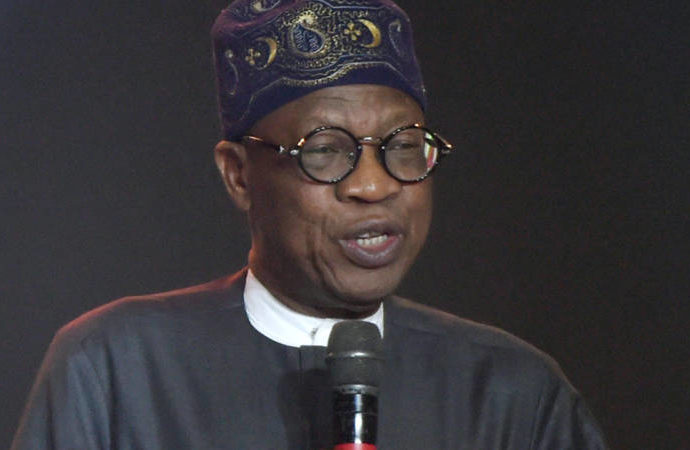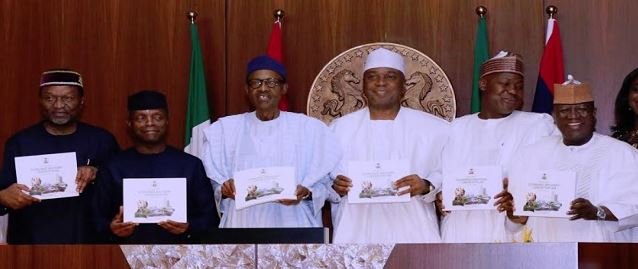President Muhammadu Buhari on Monday in Abuja signed Executive Order 5 to improve local content in public procurement with science, engineering and technology components.
The Executive Order is expected to promote the application of science, technology and innovation towards achieving the nation’s development goals across all sectors of the economy.
The president, pursuant to the authority vested in him by the constitution, ordered that all ‘‘procuring authorities shall give preference to Nigerian companies and firms in the award of contracts, in line with the Public Procurement Act 2007.’’
The Executive Order also prohibits the Ministry of Interior from giving visas to foreign workers whose skills are readily available in Nigeria.
It, however, notes that where expertise is lacking, procuring entities will give preference to foreign companies and firms with a demonstrable and verifiable plan for indigenous development, prior to the award of such contracts.
In the proclamation entitled ‘‘Presidential executive order 5 for planning and execution of projects, promotion of Nigerian content in contracts and science, engineering and technology,’’ the president also directed Ministries, Departments and Agencies to engage indigenous professionals in the planning, design and execution of national security projects.
It adds that ‘‘consideration shall only be given to a foreign professional, where it is certified by the appropriate authority that such expertise is not available in Nigeria.’’




